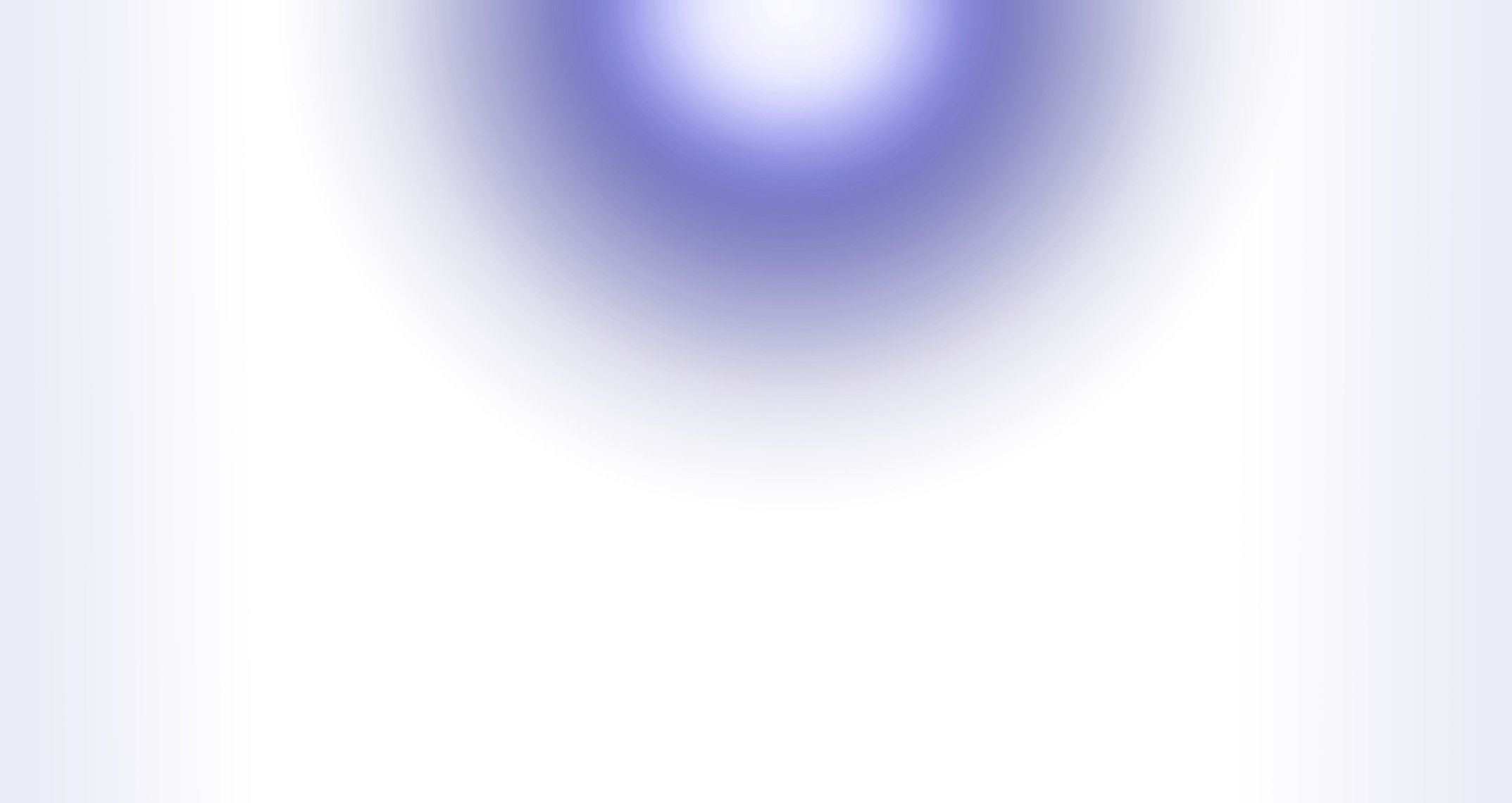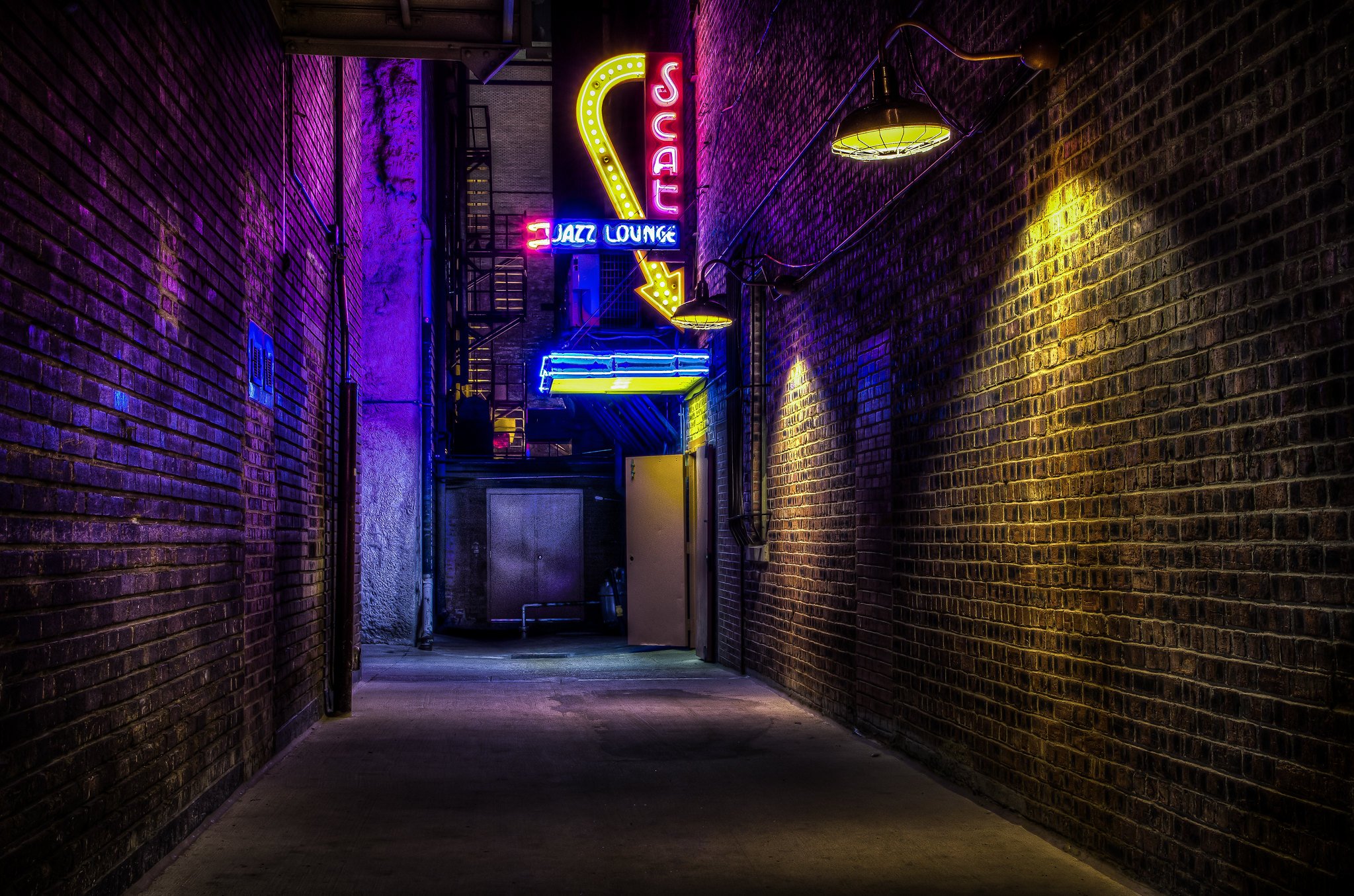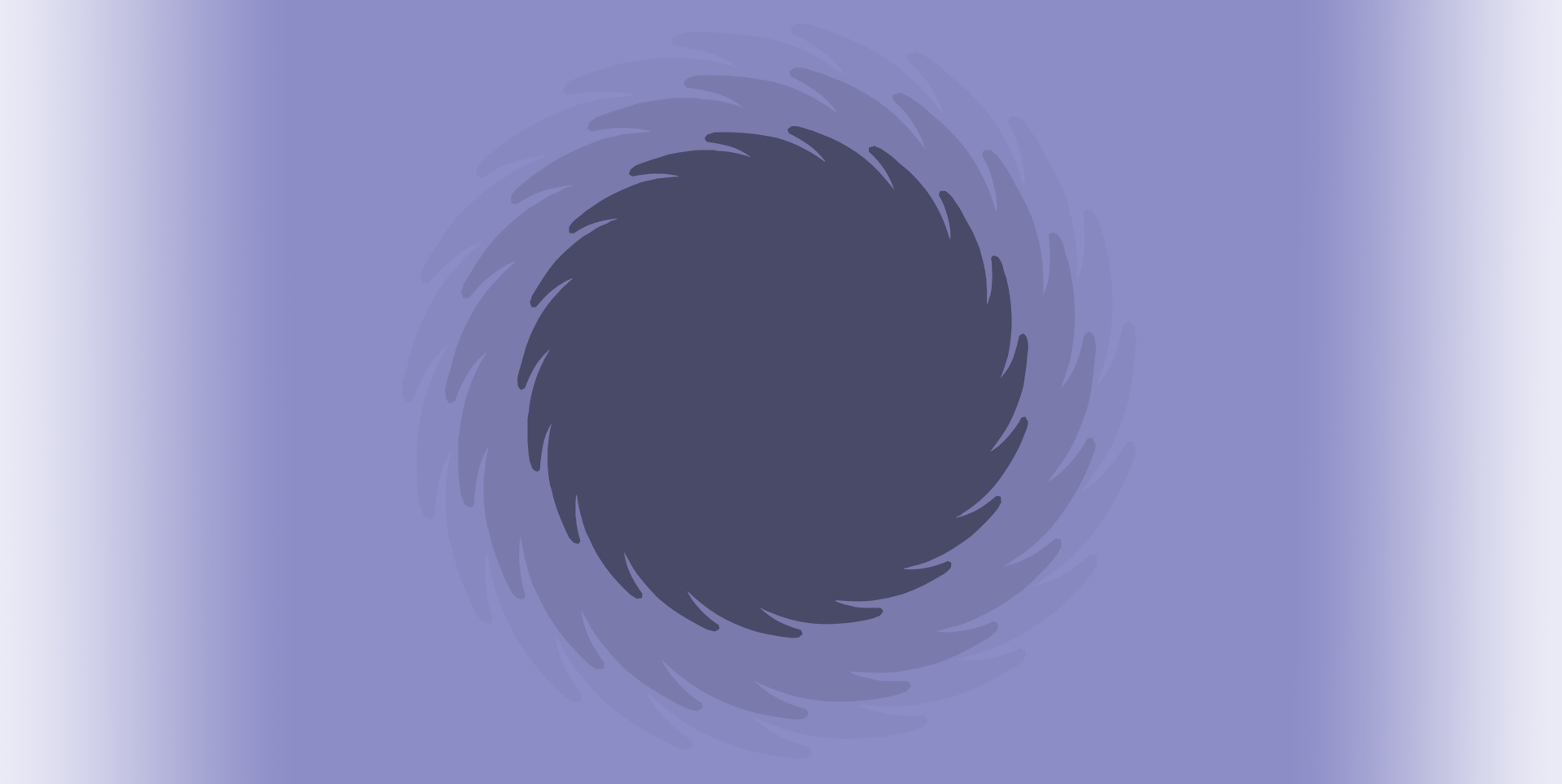
to Hive being
welcome
What is Hive Being, and Why the Name?
You have likely heard talk of a hive mind, where one global mind finds more or less figurative expression in various local minds. Such talk is common enough in nature documentaries, especially ones concerning ants or bees, and in sci-fi programs. Take that notion, at least a loose version of it, and broaden its scope. That will be a decent first step in understanding the title I have chosen both for my Blog and for the first five-volume installment of my magnum opus Made For You and Me, a fragmentary collection of minimalist stanzas from 2016 to 2020.
In alignment with Spinoza (the 17th Century Rationalist to whom I devoted my doctoral studies), I view reality in its totality as a grand hive Being: all entities are but pulsating manifestations of the buckstopping fount of everything, an ultimate being we might call “God” or “Nature” (so long as, out of respect for the capital “G” and the capital “N,” we limit it neither to some anthropomorphic cloud father hurling lightning bolts nor to mere wilderness untouched by human smog). According to the hive-Being view (where reality is one lone superorganism, a monistic—and we might even say unividualist—conception I defend in both my creative and academic capacities), each non-foundational being (each being, that is, whose essence does not involve existence) is an utterly necessitated expression or eruption or exudation of this eternal source—each is, perhaps better put, a mode or manner of being, and so a focal point through which is disclosed, what classical theists sometimes call “being itself” (ipsum esse subsistens): the realness of the real, the being of whatever may be, the sheer activity of being, the very isness of whatever is. This Blog, which duplicates my Substack, throbs as but one among many literary unfurlings of this self-necessitated foundation, this supreme wellspring, of which we—like black holes and broken beliefs, like fractal ferns and flickering flames—are the inevitable stylings.
My Journey
I am an academic who found himself pressured into early retirement by the rising tides of cancel culture. The illiberal scourge of censoring, silencing, and shaming—although always with us throughout our evolution—reached a local peak around 2021. That was the turbulent year my creative pursuits, which the old left once encouraged as a healthy outlet for the stresses of a childhood steeped in poverty and illiteracy, drew the ire of the new safe-space left. A small cadre of self-proclaimed victims and their allies, several of whom continue to berate me years later under pseudonyms as see through as their sexual infatuation, sought to erase me and my heterodoxy. They found support from a wannabe-woke dean, covered in the grand inquisitor robes of our decadent modernity (full-body tattoos) and just itching to signal his commitment to protecting “vulnerable populations” from triggering material (even if just, as it was in my case, off-duty poems “unbecoming for someone calling himself a teacher”). Although I eventually won my due-process case with the help of The Foundation for Individual Rights and Expression, I slunk away from a college that turned its back on protecting freedom of expression and from an institution increasingly intolerant of intellectual diversity.
The wrecking ball to my too-comfy office in the windowless ivory tower came with a silver lining. From the ashes of my professional aspirations rose a phoenix of increased freedom to fulfill the literary calling I have pursued for decades. Reputation concerns never stopped me, even within academia’s sterile halls of conformity. Indeed, my unapologetic defiance, which has long baffled friends and family, no doubt chummed even safe waters—almost as if I were asking for it all along—until the cancel shiver grew too frenzied to hold back its blind thrashings. But now, now I piston the most forbidden territories of human thought with no longer even a twinge of conscience. The newfound freedom means extra time to hone my craft. When not assisting special-needs communities (a day job far more rewarding than freeway-flyer drudgeries), I pursue my literary mission with Dionysian fervor.
Call for Co-Conspirators
This space, my digital sanctuary, showcases the fruits of my mission. Think of my posts, even those linking to my publications, as works in progress. I want your input, unflinching brutality included. Each post begins with an invitation to action: “Let’s workshop this [draft about x, y, z].” Your contributions, whether through public comments or my contact page, help hammer scraps of ore into polished blades fit for magazine publication.
Your input is valuable, even if you are neither a writer nor a reader of literature—twin disciplines dying by the cyber nanosecond. Sometimes—even if at the risk of uttering banalities—an outsider’s fresh vantage can pierce the veils of convention to reveal what insiders miss. It often takes an outsider to make us even think to question our ingrained presuppositions and attitudes. I stand by the hygienic value of contagion. That is one reason I advocate so strongly for intellectual diversity and freedom of expression. And that is also one reason I was so harrowed by the anti-diversity swell of cancel culture in academia (an institution that should be the utmost caretaker of such values)—harrowed especially insofar as that swell masqueraded under the gaslighting guise of “diversity”).
You will witness the breathing evolution of my writings over time. To track these changes, I label each revision by round: “ROUND 2,” ROUND 3,” and so forth. Each piece undergoes continuous refinement based on your feedback and my own revisitations. Sometimes changes will mar the work. That is the risk of creative tinkering as a finite creature. I hope you will alert me to missteps. After many semesters of university writing workshops, one rule has impressed itself upon me: when someone senses a flaw, something almost always needs to change—even if, yes, the proposed solution misses the mark (which often it does). From a quick look into the archives, accessible here, you can see how much I have benefited from your feedback so far.
My Hope
Sharing drafts can be daunting. But showing you the ravaged and unperfumed real deal unfiltered by makeup (stuttering starts and falsities, awkward line breaks and clumsy word choices, grammatical errors and misspellings)—that not only makes my work more relatable, but helps me refine things through your input. I hope the unfiltered look at the raw process of fumbling, rather than just the polished product, also helps other writers develop their craft. Imperfect works often instruct more than perfect ones: whereas the perfect ones tend to have a grace by which they slip inside us without activating our scrutiny, the imperfect ones—especially the near perfect ones—show us glaringly what not to do.
People laugh at me, seeing—in my tilting at the windmills of literary excellence—a Don Quixote clunking around in Arthurian armor in a post-knight era. I am not naïve. I am well aware of the diminishing ability to read, let alone well: slowly and deeply, with gratitude. I am also aware that my style, which often nests subpoints within larger points, never waters down virtuosity for the sake of mass appeal. I watch readers stumble over my sentences, unable to unlock even just the music of the envelope let alone the semantic meat within, which—given my tendency to flashlight through the darker facets of human nature (the addicts, the miscreants, the abusers among us)—only adds an additional alienating layer of difficulty). Beholding these depressive scenes of even supportive family members getting bucked off my syntactic bronco makes me feel like a dinosaur who should get a hint and, if not succumb to the brain rot of skibidi-toilet speak, just hang himself already. Even though the decline in linguistic background and grammatical voltage makes my compositions seem quixotic in a world binging Netflix and TikTok, I persist—raging against the dying of the light—by some internal compulsion to celebrate the richness of language and thought.
My hope is that, despite social media’s unparalleled power to farm our attention, people never forget the unique power of writing. Beyond unveiling hypocrisy, teasing out complex implications, and detailing the commonalities between even the most alien phenomena, writing offers something we need today—trapped in agoraphobic cyber bubbles only thickened by the Lyme dangers of forests and the COVID dangers of cities—perhaps more than ever. Granting us rich access to the first-person perspectives of others (to how things feel to them), writing serves as one of humanity’s best tools for combating loneliness. It allows us to linger, broadly and deeply and at high resolution, within the inner lives of others in a way that other arts can only suggest.
What to Expect
My work spans a broad spectrum: from metaphysical discourses on free will and determinism and the ontology of holes to the ephemera of western culture (whether the childhood impacts of the hypersexual mono-image of black woman as squirting twerkers or Terrence Howard’s sham revolution of mathematics). Some tight and minimal, others free-flowing sprawls; some heady and abstract, others emotional and imagistic—my inkwell musings, which often blend scholarly rigor with a dark humor from both high and low culture, aim to capture the visceral intensity of our personal and social and ultimately existential predicaments.
By no means can I deny that drug abuse, sexual assault, and the tales of the broken and the damned loom large in the tag cloud of my work. My writing will never be a paradise of easy truths and comforting lies. It will challenge you, provoke you, and at times even repulse you. I offer no apologies for the monsters I unleash. They are as much a part of us, at long root scared rodent mammals scurrying in the shadows of dinosaurs, as our noblest aspirations.
But make no mistake. It is not all downer darkness. The archives are my receipts. You will find pieces exploring the pursuit of authenticity in a media-saturated world, the search for meaning in an indifferent cosmos, and the celebration of beauty in both the sublime and the profane. I locate much of my inspiration, in fact, in novelists like Dostoevsky and poets like Ted Kooser—writers unafraid to pursue moral agendas or risk Hallmark sentimentality in an age that often sneers at sincerity.
Be they satirical dissections of modern social dynamics or poignant poems about addiction or academic articles on moral responsibility, my goal is to provoke thought, evoke emotion, and foster meaningful dialogue. Fear has not and will not stop me from challenging humanity’s fundamental taboos (like bestiality and cannibalism) or self-reflecting into the dark chaos of the subconscious, even if that means exposing the Jungian shadows—the inner Goebbels—lurking within us all!
Expect posts each day, no day missed. Donations are welcome, but I impose no paywall: it feels wrong to charge for art, especially given our date with obliteration. Feel free to explore what amounts to, at the time of writing this, close to a thousand pieces of poetry and prose here. That should give you a sense of what awaits.
Join me—specula holstered—on this literary odyssey into the public and private nooks of the hive Being. Let us navigate the labyrinth of creation together, confronting our demons and even slaying our darlings if we must. Let us dance on the razor’s edge between the sublime and the profane in pursuit of an elusive literary perfection never to be confused—as it has been confused in our declining civilization—with the pursuit of popularity or likeability over truth.
tag cloud
- poetry
- literature
- literature community
- poem
- literary
- American literature
- writing
- creative writing
- poetry community
- Michael Istvan
- Istvan
- perception
- defiance
- suffering
- existential poetry
- dissociative
- poet
- healing
- existential
- human
- adolescence
- sex
- power
- art
- artist
- campus warrior
- Nietzsche
- substance abuse
- evolution
- sensual
- Earth
- resilience
- death
- darwin
- mortality
- hardship
- God
- anxiety
- Life affirming
- murder
- parenthood
- love
- sexuality
- prison
- meditation
- parenting
- disease
- teen
- crack
- love letters
- vines
- taboo
- christianity
- woke
- dysmorphia
- abuse
- junkies
- religion
- hypermasculine
- rape
- hoodlum
- poison
- transgressive
- worship
- thugs
- Biggie
- islam
- fatherhood
- hypocrisy
- muslims
- father
- babies
- pound town
- drugs
- social justice warrior
- feet
- baby feet
- philosophy
- care
- cops
- faith
- music
- artistry
- olympics
- blm
- horse
- teens
- dread
- homosexual
- gymnastics
- poor
- disturbing
- change
- poverty
- cocaigne
- mental health
- children
- psychoanalysis
- transformation
- addiction
Posts

MADE FOR YOU AND ME 2: hive Being (Stanzas 2017--part 33)
In this excerpt from "Made for You and Me 2017," M. A. Istvan Jr. weaves together a series of poignant and thought-provoking observations, creating a tapestry of existential reflections and societal critiques. The mosaic of imagery and themes invites readers to delve into the complexities of human experience, touching on addiction, loss, resilience, and the quest for meaning in a seemingly indifferent universe.
The opening line, "junkies, fibrotic even at the quirkiest needle sites, driveling over unspoiled vascularity," immediately sets a tone of decay and desperation. The depiction of addicts, whose bodies bear the scars of their relentless search for veins, highlights the physical and psychological toll of addiction. The reference to "unspoiled vascularity" underscores a yearning for purity and normalcy, a stark contrast to their current state of degradation.
This theme of destruction extends to the natural world with "one’s birth tree choked out by disease." Here, Istvan juxtaposes the personal and the ecological, suggesting a parallel between the corruption of the body and the demise of nature. The imagery of a tree, a symbol of life and growth, succumbing to disease, evokes a sense of inevitable decline that pervades the poem.
The recurring motif of animals and their behaviors serves as a metaphor for human tendencies. "Dogs returning to their vomit" and "preferring the known of misery over the unknown of change" reflect a profound commentary on the human condition. These lines suggest a proclivity to cling to familiar suffering rather than embrace the uncertainty of transformation. The reference to scientists "popping corks in the atomic glow" adds a layer of irony, highlighting the dissonance between scientific celebration and the potential for catastrophic consequences, underscoring the tension between progress and ethical responsibility.
Istvan's exploration of identity and transformation continues with the image of "Brenda’s Adam’s apple in the morning florescence of the hotel bathroom." This line poignantly captures the vulnerability and complexity of gender identity, hinting at the personal struggles and societal judgments faced by those who do not conform to traditional norms. The morning light, often symbolic of new beginnings, here illuminates the ongoing challenges of self-acceptance and societal perception.
The poet's contemplation of mortality and language is evident in the lines, "although we use it each day (and casually), our behavior shows that we find 'dying' to be the most vile word in the language." This reflection on the aversion to death, despite its inevitability, highlights the paradoxical nature of human existence. The subsequent image of an infant, "unkindled to laughter by the faces meant to make it laugh," delving into reflective curiosity, underscores the innate human tendency towards introspection and the search for meaning, even from an early age.
The poem further examines the aftermath of triumph with "is that regular mode of life following a great victory a chance to reflect and reenergize, or one to wonder why you did not simply kill yourself in the climax?" This line starkly portrays the existential void that can follow significant achievements, questioning the purpose and fulfillment derived from success. The image of wearing a "photo-mask of mom so the orphan will feed from the bottle" evokes themes of deception and survival, illustrating the lengths to which individuals go to nurture and sustain life in the face of loss.
Istvan's meditation on generational trauma is evident in "traumas transmuting across generations without deliberate effort," suggesting the pervasive and enduring impact of past wounds on present and future lives. This notion of inherited pain resonates with the subsequent lines on the absurdity of human desires and the search for spiritual enlightenment, emphasizing the cyclical and often futile nature of these pursuits.
The poem concludes with a reflection on the self and the impossibility of fully transcending one's identity. "Religions that ask a given self to discover its own nonexistence ask the impossible of that self" encapsulates the tension between spiritual aspirations and the inherent limitations of human consciousness.
Istvan's "Made for You and Me 2017" is a profound exploration of human frailty, resilience, and the relentless quest for meaning amidst the chaos of existence. Through vivid imagery and poignant reflections, the poet invites readers to confront the darkest and most vulnerable aspects of their own humanity.
M. A. Istvan Jr., Made for You and Me 2017, existential reflections, addiction, identity, resilience, human experience, quest for meaning, societal critique, vivid imagery, poetry, generational trauma, spiritual enlightenment, human frailty, philosophical poetry.


blog
FAQ

Visit my Substack: Hive Being
Visit my Substack: Hive Being

Don’t let anyone tell you that real life is lacking in poetic interest. This is exactly what the poet is for: he has the mind and the imagination to find something of interest in everyday things. Real life supplies the motifs, the points that need to be said—the actual heart of the matter; but it is the poet’s job to fashion it all into a beautiful, animated whole. You are familiar with Fürnstein, the so-called “nature poet”? He has written a poem about growing hops, and you couldn’t imagine anything nicer. I have now asked him to write some poems celebrating the work of skilled artisans, in particular weavers, and I am quite sure he will succeed; he has lived among such people from an early age, he knows the subject inside out, and will be in full command of his material. That is the advantage of small works: you need only choose subjects that you know and have at your command. With a longer poetic work, however, this is not possible. There is no way around it: all the different threads that tie the whole thing together, and are woven into the design, have to be shown in accurate detail. Young people only have a one-sided view of things, whereas a longer work requires a multiplicity of viewpoints—and that’s where they come unstuck.—Goethe (Conversations with Eckermann)

Featured Blog Posts
have appeared last night—
all those met along the way?
























